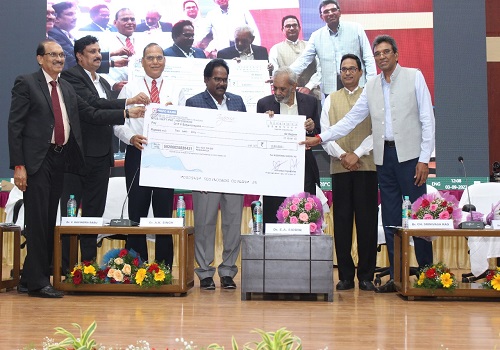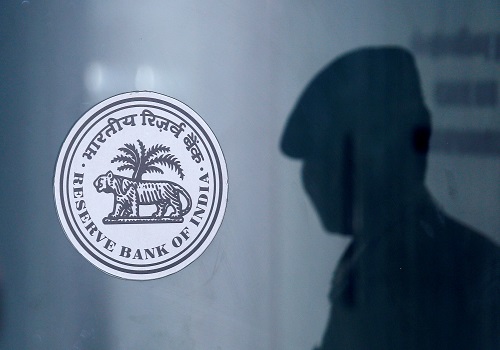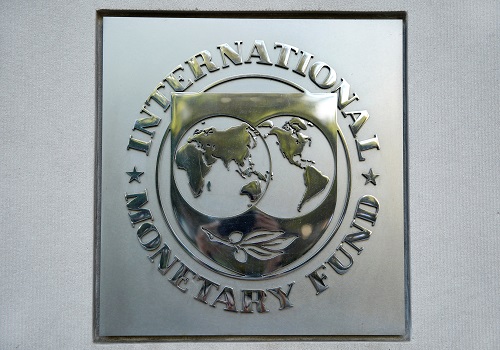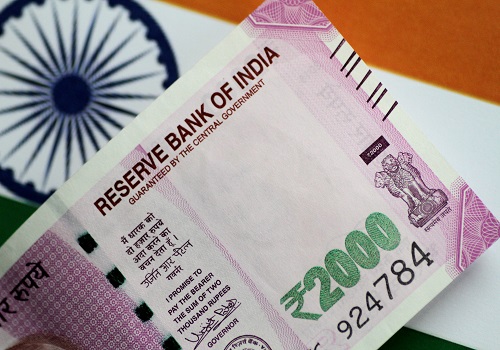India needs to be vigilant against potential risks of lower agriculture output, elevated prices: Finance Ministry
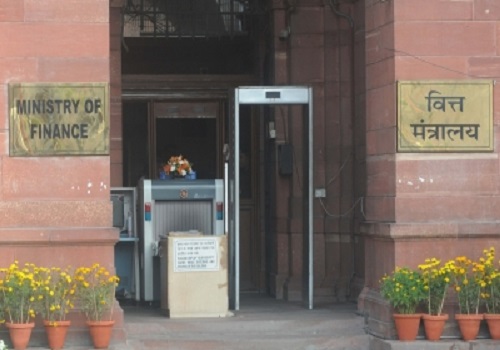
Follow us Now on Telegram ! Get daily 10 - 12 important updates on Business, Finance and Investment. Join our Telegram Channel
Expressing cautiousness, the Finance Ministry in its March edition of Monthly Economic Review has said that India needs to be vigilant against potential risks of lower agriculture output, elevated prices and geopolitical developments. Although the 6.5 per cent growth projection for India for the current fiscal is in line with the estimates of the World Bank and the Asian Development Bank (ADB), it said there are factors which could affect the favourable combination of growth and inflation outcomes currently estimated. The review said ‘It is important… to be vigilant against potential risks such as El Nino conditions creating drought conditions and lowering agricultural output and elevating prices, geopolitical developments and global financial stability’. The report said FY23 has been strong for India’s economy despite the tailwind of the pandemic and the headwind of the geopolitical conflict intertwining to escalate global economic uncertainty.
It said ‘the strength is seen in the economy, estimated to grow at 7 per cent, higher than the trend rate and the growth of the other major economies. Growing macroeconomic stability as seen in the improved current account deficit, easing inflation pressure, and a banking system strong enough to survive the increase in policy rates, has made the growth rate further sustainable’. On the financial sector, the report said banking supervision is robust with the RBI’s overarching coverage of institutions, regardless of asset size, in its bi-annual assessment of financial stability. Macro stress tests are also performed from time to time on individual banks. Investment in held-to-maturity (HTM) securities is limited to 23 per cent of deposits, reflecting an effective insulation of asset value from adverse market developments.
With regard to the price situation, the report said, the sequential growth of CPI-core in March 2023 is the weakest since June 2022 and can be attributed to the beginning of the pass-through of declining WPI inflation in consumer goods prices. Although CPI for the full year rose from 5.5 per cent in FY22 to 6.7 per cent in FY23, the report said it was much lower in the second half of FY23 at 6.1 per cent compared to 7.2 per cent in the first half. On the external sector, it said, the narrowing of the Current Account Deficit (CAD), accompanied by a rising inflow of foreign portfolio investment (FPI) resulted in an increase in foreign exchange reserves by the end of Q3. With forex reserves further increasing by the end of FY23, prospects of a still narrower CAD in Q4 are bright.

















